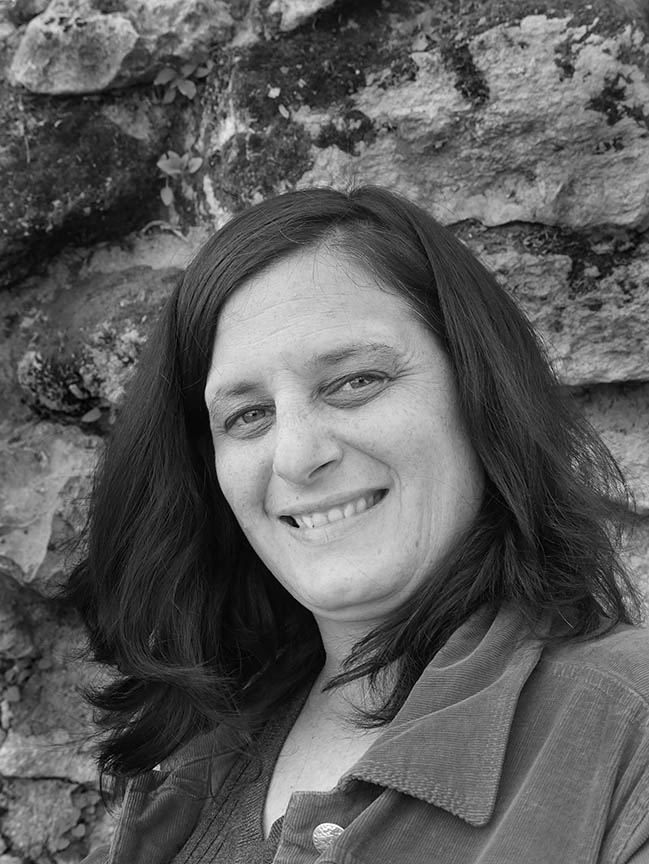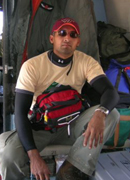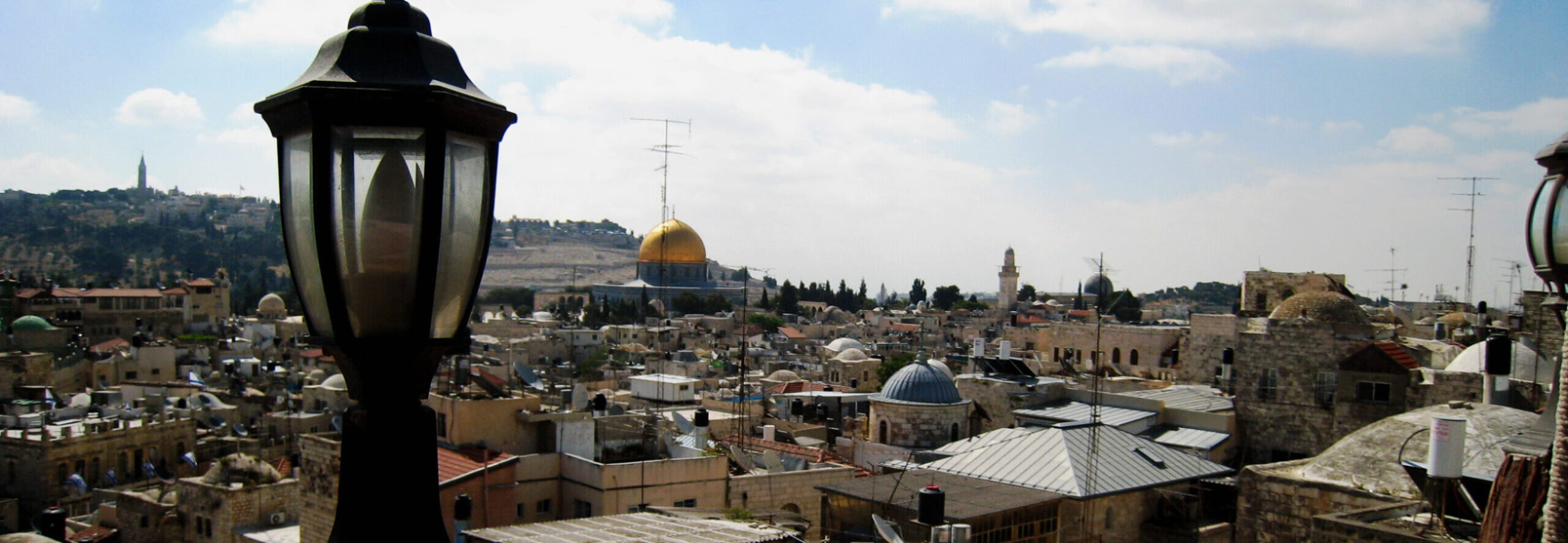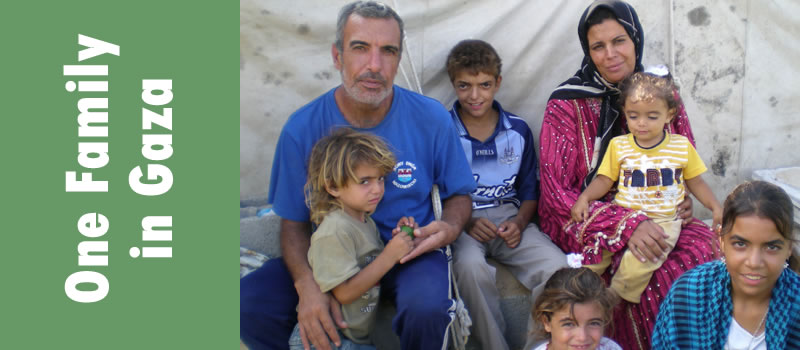Thursday, September 27, 2012, 6:45 – 9:00 p.m. ~ Echo screening @ RIT Tuesday, October 23, 7:30 p.m.; no panel
Location: The Little Theatre, 240 East Avenue Rochester NY ~ Tickets $8 from The Little box office
Run time: 23 minutes ~ Style: documentary ~ Language: Arabic with subtitles ~ Format: video projection
This film is shown in the same program with “Home Front “
In the early morning hour of January 4, 2009, Israeli soldiers attacked the village in Gaza where the family of Kamal and Wafaa Awaajah had their home. When the entire three-week-long assault was over, 1,390 Palestinians had lost their lives. Kamal and Wafaa’s son Ibrahim was one of them. 3,540 homes were destroyed. Thirteen Israelis also died.
In the first segment of this film, Wafaa tells the story of the attack from her vantage point as her children play in the rubble of their destroyed home. On the night of the attack, she put lighted candles in the windows of the house as a signal to the soldiers that people were living there. The attack came anyway. Wafaa was injured in both hips and felt faint. Ibrahim was dead. A soldier turned his gun to Wafaa and the kids but didn’t fire. The siege lasted four days. Their water ran out. Bedouin women came to their aid.
In the second segment, the family is living in tents. The father, Kamal, tells how the family lives without safety and stability. “You can’t remove the fear from the kids,” he says. “How can I provide a sense of safety?” He said he is against violence and war in any form. “I support peaceful ways. I raised my kids for peace and nonviolence. But how can I erase this from their memory?”
When asked what message he would give an Israeli, he said he wouldn’t wish this to happen to him – his son killed. “I don’t want any human to experience that feeling.”
Filmmaker Jen Marlowe said, “Palestinians in Gaza are often depicted either as violent terrorists or as helpless victims. The Awajah family challenges both portrayals. Through one family’s story, the larger tragedy of Gaza is exposed, and the courage and resilience of its people shines through.”
Panelists
Jen Marlowe (via Skype)

The producer of One Family in Gaza, Jen Marlowe will take part via Skype.
Jen Marlowe is a Seattle-based author/documentary filmmaker/playwright and human rights advocate. Jen began her professional life working at Seattle Children’s Theatre. From 1994-2000, she did youth theatre work in Seattle, using theatre as a platform for students to tell their stories. Jen lived and worked in Jerusalem from 2000-2004, using some of these same techniques to engage in dialogue-based conflict resolution with Palestinian and Israeli teenagers. Jen also did conflict resolution work with youth in Afghanistan, Cyprus, India, Pakistan and Bosnia-Herzegovina. It was while working with youth in conflict areas when she first picked up a video camera – at that time, in order to record messages being exchanged between Israeli and Palestinian youth.
In her book The Hour of Sunlight, Jen helped her Palestinian co-author, Sami Al Jundi, tell his story starting with ten years in an Israeli prison. He was involved in militant anti-occupation activities as a youth and spent the last two decades of his life working towards nonviolence and peaceful reconciliation between Israelis and Palestinians.
Jen is also the playwright of There is a Field, which addresses issues faced by Palestinian citizens of Israel. The play launched globally in October 2010, to mark the ten-year anniversary of Black October.
She’s joining us through Skype. As we understand her schedule, she’ll be in the Middle East during our screening of her film.
Dr. Ismail Mehr

An anesthesiologist at St. James Mercy Health System in Hornell NY, Dr. Mehr volunteered numerous times overseas for emergency medical relief – including during the Gaza war in 2009. He said, “I still remember the indescribable joy I felt once I stepped foot inside Palestine [through the Rafah checkpoint from Egypt] and I saw the same feelings mirrored on the faces of my team members. It’s ironic how crossing into a land which has been violated and victimized for the past 60 years brought out such feelings.”
Israel’s embargo has crippled Gaza’s healthcare system, Dr. Mehr reported. “The medical equipment is outdated and in shambles. If something breaks down parts cannot come in. If someone has cancer, he or she won’t find chemotherapy for treatments. The Palestinian medical community is eager for knowledge and training in newer treatments and techniques. Unfortunately they cannot venture outside of Gaza, nor can outside experts come in on a frequent and consistent basis to help train professionals in Gaza.”
During his mission, he provided anesthesia with an outdated and substandard anesthesia machine.
His medical work abroad has been through the Islamic Medical Association of North America for which he chairs its Medical Relief committee.
In his spare time he coaches football at Hornell High School.


